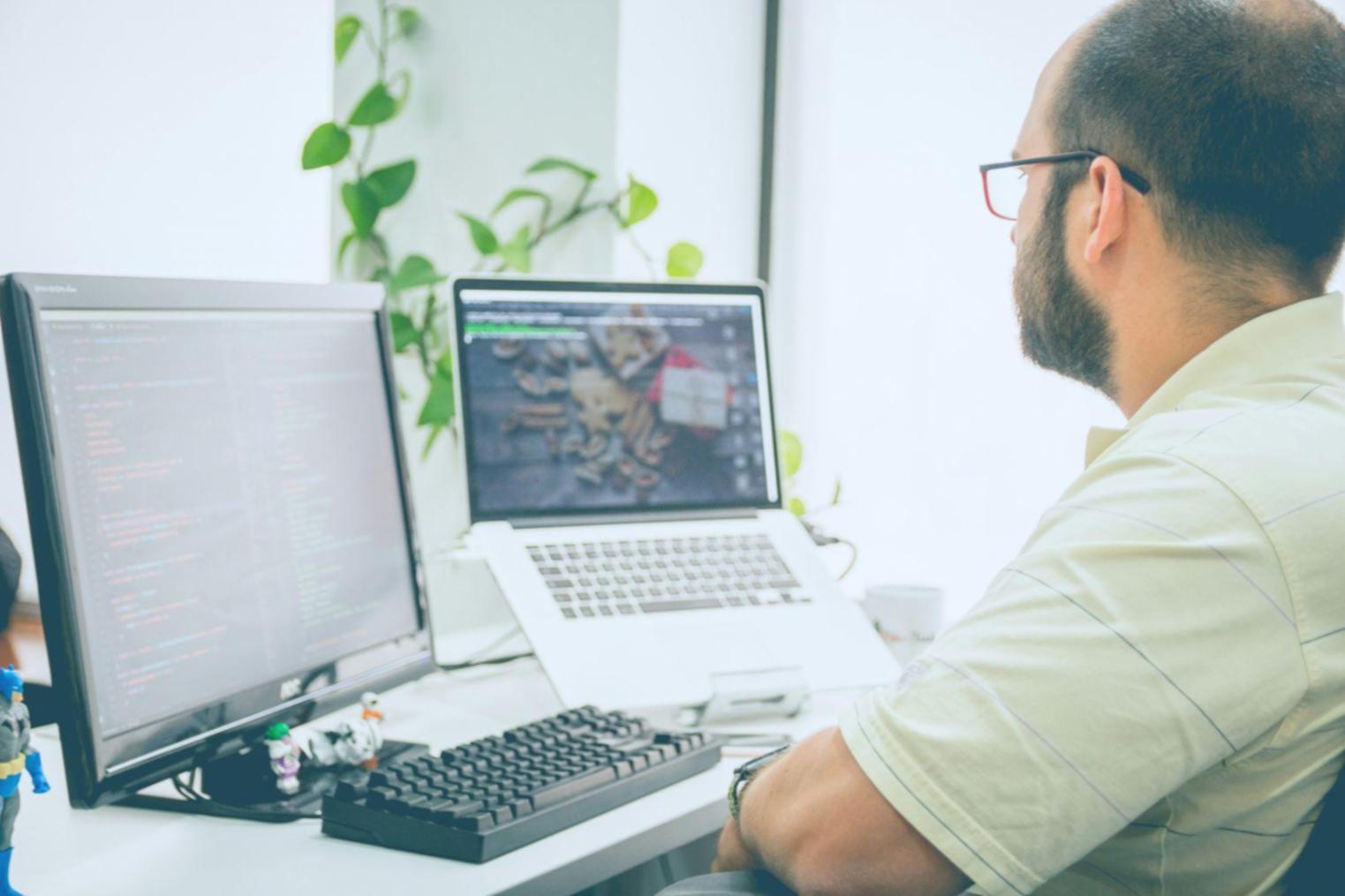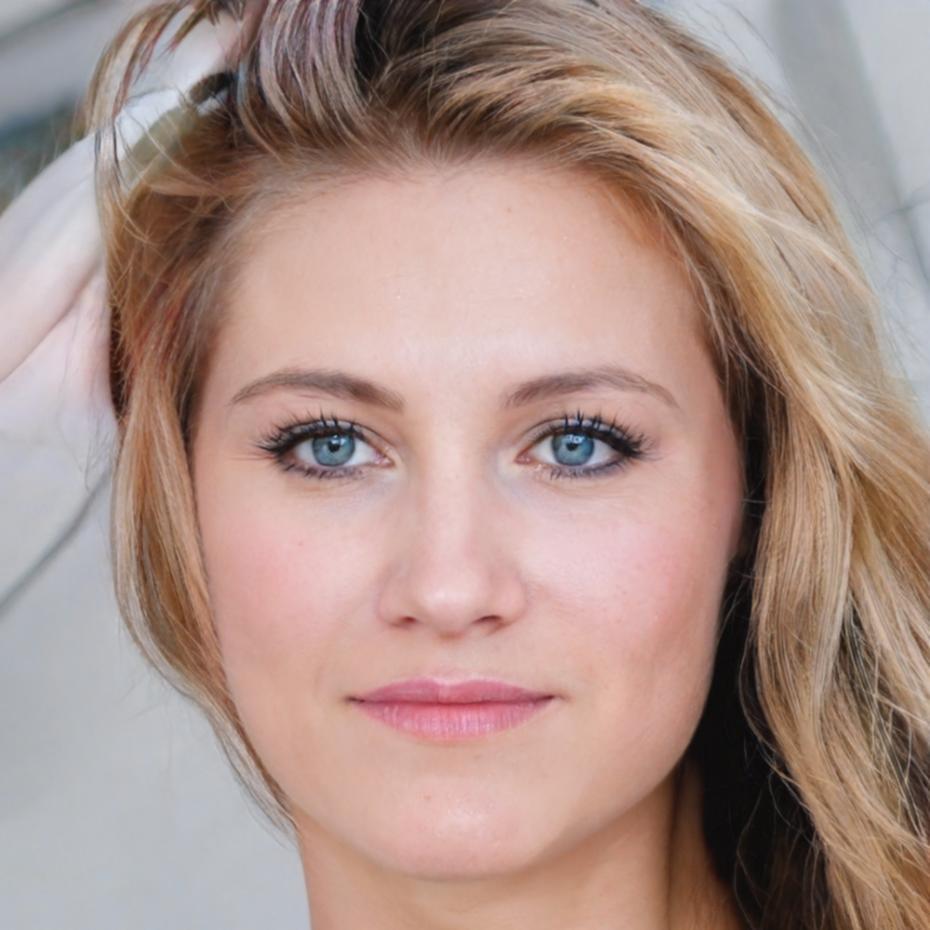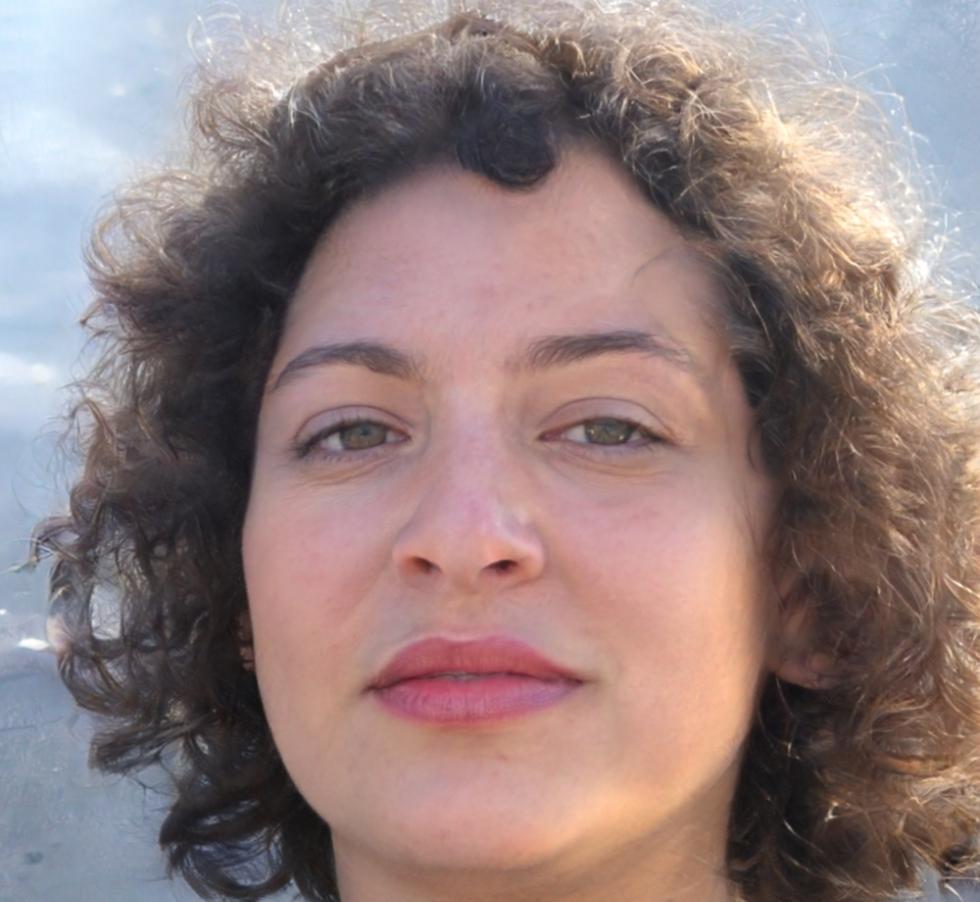October 2025 Enrollment Opens in June
Our next cohort begins October 15, 2025. Class size is limited to 24 participants so everyone receives individual attention during the program. Early registration opens June 2025.
Most people struggle with budgeting because they're using outdated methods. We teach practical financial planning that actually fits real life, not some perfect spreadsheet fantasy.
View Learning Programs
After working with hundreds of individuals across Thailand, we've noticed the same patterns. People don't lack discipline – they lack systems that work with their actual lifestyle.
Freelancers and gig workers can't use standard monthly budgets. Your income changes, but your bills don't. We address this specific challenge with flexible frameworks.
Family obligations and social commitments aren't optional expenses. Our approach respects these realities while building sustainable financial habits.
Money moves through six different apps and platforms. Traditional tracking methods can't keep up. We teach systems that match how people actually spend today.
Forget the 50-30-20 rule. It was designed for a different economic reality. Our framework starts with your actual spending patterns, then builds structure around what's already happening.
We spent two years analyzing real budget data from people in similar situations to yours. The patterns were clear – successful budgeters don't restrict themselves into misery. They create systems with built-in flexibility.
Each learning module includes real transaction logs from past participants who agreed to share their financial journey. You'll see actual mistakes, course corrections, and breakthroughs.

Our program runs over eight months starting October 2025. This isn't a weekend workshop – real financial behavior change takes time and repetition.
First month focuses entirely on observation. You'll track every transaction without judgment or changes. Most people discover they spend 40% differently than they thought.
Months two and three involve building your personal category structure. Standard budget categories rarely match real life. We help you create ones that actually make sense for your situation.
Months four through six are the messy middle. Your first budget will be wrong – everyone's is. We work through the adjustments as you discover what actually works.
Final two months shift to automation and habit building. You'll develop systems that run with minimal active management, freeing up mental energy for other priorities.


We don't promise you'll save a specific amount or reach certain financial goals. Everyone's situation is different. What we can show is what others experienced during their learning journey.
Siriporn, who completed the 2024 program, mentioned she finally understood where her money was actually going. That awareness alone changed her spending patterns without strict restrictions.
Our next cohort begins October 15, 2025. Class size is limited to 24 participants so everyone receives individual attention during the program. Early registration opens June 2025.
We've learned our approach works best for specific situations. Being honest about fit saves everyone time and disappointment.

If your monthly income changes by more than 20%, standard budgeting advice doesn't work. Our variable income frameworks address this directly with buffer systems and priority-based allocation.

Using multiple payment apps, digital wallets, and online platforms makes tracking complicated. We teach aggregation methods that work with modern payment fragmentation.
If you've tried budgeting three times and quit each time, the problem probably isn't your discipline. We look at why previous attempts failed and build systems that address those specific friction points.

Eight months feels long when you sign up. But behavior change doesn't happen in a weekend seminar. The participants who stick with the full timeline report actual lasting change.
We don't offer quick fixes or revolutionary methods. Just solid financial planning principles adapted for how people actually live and spend money in 2025. Sometimes boring works better than exciting.